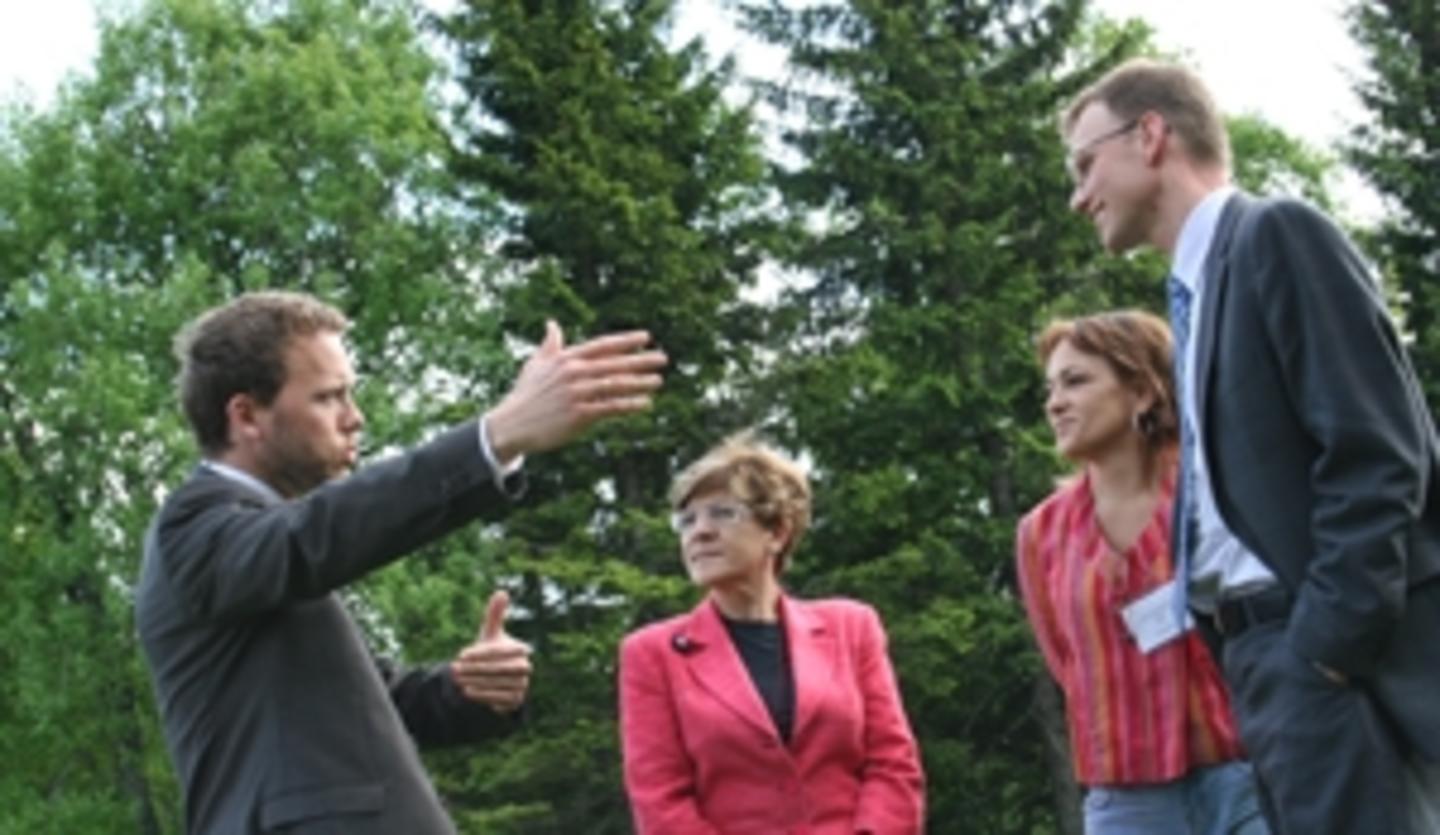Significant efforts have been made to promote gender equality across Europe. Nonetheless, many European countries are still facing considerable challenges when it comes to addressing issues such as low female participation in the labour market, equal pay, and participation of women in political and economic decision-making.
Lessons learned
Gender equality is a horizontal priority that applies to all projects supported by the EEA and Norway Grants 2004-09. This is envisaged equally for the future funding.
To prepare for the new EEA and Norway Grants 2009-14, the Norwegian Ministry of Foreign Affairs, together with the Norwegian Ministry of Children, Equality and Social Inclusion and the Norwegian Association of Local and Regional Authorities (KS) hosted an International Conference on gender and equality at the Soria Moria Hotel in Oslo on 7-8 June.
The conference offered delegates from the 15 beneficiary countries of the EEA and Norway Grants as well as experts from relevant governmental institutions and non-governmental organisations an opportunity to exchange experience and knowledge on equality issues.
"Women`s contribution is decisive"
One of the projects that was highlighted during the conference was a work-life balance project in Spain. The Women`s Institute in Madrid (Instituto de la Mujer) works to encourage a more equal division of both professional and domestic tasks between men and women. A part of the conference also focused on gender equality and family policies in Norway, with emphasis on the role of Norwegian equality and anti-discrimination Ombud, balanced participation between men and women in decision-making as well as status, methods and challenges related to work life balance in the country.
In his opening speech, the Norwegian Minister of Children, Equality and Social Inclusion, Audun Lysbakken, emphasised the positive role of equality in stimulating growth in Norwegian economy. "We know that women`s contribution to the economy is decisive in ensuring sustainable economic growth and development. There is clear evidence that gender balance in education, working life and economy makes a significant difference in GDP, effectiveness, innovation and competitive edge", he said.
Minister Lysbakken also stressed the importance of combining gender equality with comprehensive family and parental provisions. In Norway, parents are entitled to approximately 1 year paid leave when they have a child. In addition, a major political ambition in recent years has been to achieve high quality full day-care coverage in all municipalities. According to Minister Lysbakken, these arrangements have proven to be beneficial for the economy since Norway has achieved both high employment rates among women and men and high fertility rates.
During the conference key and innovative ideas on future priorities were shared, particularly emphasising areas where beneficiary states can benefit from partnerships with the donor states. Among the ideas mentioned were strengthening women entrepreneurship, working on gender action plans for municipalities, investing in research and statistics on gender, and getting more women into top jobs in business and boards.
Photo credit: Norwegian Ministry of Foreign Affairs
